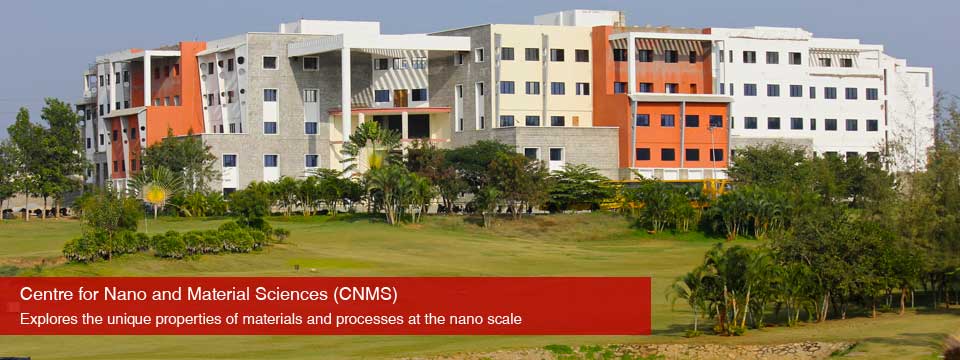Research in the thematic area of drug resistance
Among the healthcare challenges of this century, the most encountered is antimicrobial resistance (AMR). AMR is the resistance offered by microorganisms against the drugs or antibiotics which are used to treat their infections. Bacteria, fungi and other microorganisms change themselves after being exposed to antimicrobial drugs over a period of time. Such resistant species are often referred to as “superbugs”. This is an emerging menace which is increasingly causing failure of common treatment approaches to infectious diseases, organ transplantation, surgery and chemotherapy thereby triggering protracted illness and mortality. It is a major issue in developing countries like India which faces the highest infectious disease burden in the world due to the high consumption rate of medicines and inappropriate use of antibiotics. According to a recently released report by the UN Interagency Coordinating Group (IACG) on Antimicrobial Resistance, currently an estimate of 0.7 million people die each year due to drug-resistance diseases among which 0.23 million die only from multidrug-resistant TB. In the coming days, it is estimated that drug-resistant diseases will cause atleast 10 million deaths each year which would lead to catastrophic economic crisis and push about 24 million people towards life threatening poverty by the year 2030. The most commonly prescribed antibiotics/antimicrobials/antivirals such as Vancomycin, Methicillin, Carbapenem, Colistin, Fluoroquinolones, Cephalosporins, Isoniazid and Rifampin, Chloroquine have been increasingly facing resistance by the infectious pathogens which is an alarming situation.
In its report to the UN secretary, IACG has done a surveillance on the current scenario of AMR and titled the report as “No Time To Wait: Securing The Future From Drug-Resistant Infections”. The report has in detail about the seriousness of AMR issue and to tackle this, innovation, research and development of new antimicrobials is one of the key solutions given by the IACG report. FDA approved recent drugs to counteract AMR are, to name a few, Ibrutinib against methicillin-resistant staphylococcus aureus, Trogarzo against multidrug-resistant HIV-1 infection, Sirturo against multidrug-resistant tuberculosis, Recarbrio against complicated urinary tract infections and complicated intra-abdominal infections and Zerbaxa against hospital-acquired bacterial pneumonia. There are currently about 28 antibiotics in later stages of development that specifically target the pathogens which are deemed to be AMR species prioritized by the WHO.
In the same direction, we are putting research efforts in organic and inorganic chemistry for developing efficacious antimicrobial drug candidates. We have been able to identify few potent molecules as inhibitory agents of few drug resistant pathogens. Some of our works which have been published in this area are given below:
Title: A novel biocompatible NiII tethered moiety as a glucose uptake agent and a hit against methicillin-resistant Staphylococcus aureus, European Journal of Pharmaceutical Sciences, 2018, 123, 335–349.
https://doi.org/10.1016/j.ejps.2018.07.008
Authors: Manasa Kongot, Neeraj Dohare, Vishal Singh, Dinesh Reddy, Nitin K. Singhal, Rajan Patel, Amit Kumar
. |



